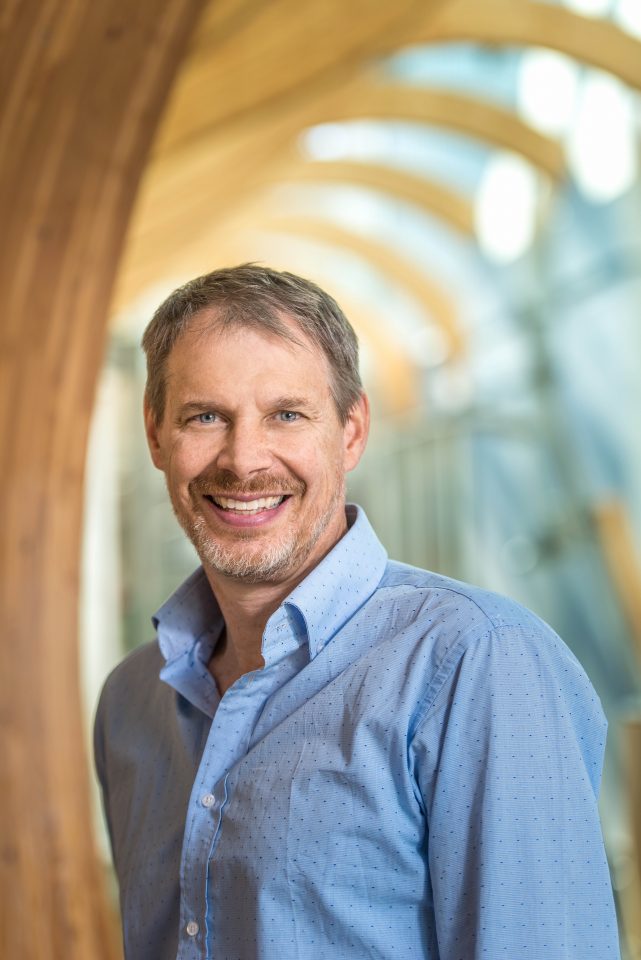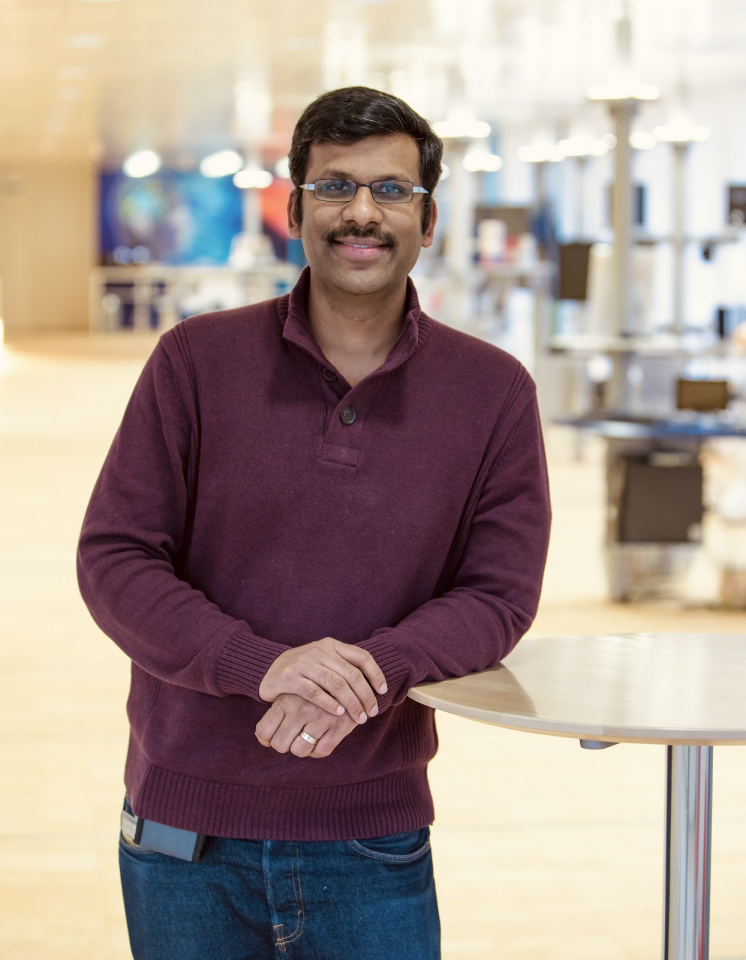A $2.5 million donation from the Conconi Family Foundation helped to unlock the federal grant.
Together, government and philanthropic support has helped to launch the new Biodevice Foundry at SBME—a state-of-the-art facility for designing, prototyping, fabricating and testing biodevices that will help accelerate biomedical innovation and grow the life sciences industry to transform health locally and globally. This facility is designed specifically for life sciences applications, with the unique design to interface standard cleanroom semiconductor manufacturing processes with cutting-edge biofabrication processes.
 Peter Zandstra, Director, School of Biomedical Engineering
Peter Zandstra, Director, School of Biomedical Engineering“The SBME community is thrilled to receive this funding—it will help discover and translate new biodevices that will impact patient health and fuel life sciences industry both locally and globally. We are excited about the new collaborations between industry and academia this facility will support,” says Dr. Peter Zandstra, director of SBME at UBC. “The Biodevice Foundry will provide our trainees with world-class facilities, preparing them to contribute to biotech industry, in British Columbia, Canada and beyond.”
The Honourable Harjit S. Sajjan, Minister of Emergency Preparedness and Minister responsible for the Pacific Economic Development Agency of Canada (PacifiCan), announced $5 million in PacifiCan funding for the Biodevice Foundry, which is under construction in SBME’s new building, set to be operational at UBC Vancouver campus from January 2025. A $2.5 million donation to UBC from the Conconi Family Foundation helped to unlock the PacifiCan grant.
 Alex Conconi, Founding Partner, Conconi Family Foundation
Alex Conconi, Founding Partner, Conconi Family Foundation“We’re very proud to support the creation of UBC’s Biodevice Foundry to help unlock life changing technical progress being developed here at home in B.C.,” says Alex Conconi, board member of the Conconi Family Foundation. “The new Biodevice Foundry will leverage the minds and creativity of students, faculty and the broader community to pull the future forward and help make advanced health care more accessible to all of us.”
Inspired by the vision of Dr. Govind Kaigala, associate professor, director of partnerships and community engagement in SBME and thought-leader in microdevice innovation, the Biodevice Foundry will facilitate innovation by bringing together experts and giving them the technological capabilities to create solutions for translation to help overcome pressing biomedical and societal medical challenges. The innovations expected to come out of the Biodevice Foundry include devices that measure biomarkers at high-sensitivity for disease monitoring, organ-on-a-chip systems that model biology to test drug candidates and devices that can precision manufacture biomolecules, for example, a personalized medication dose for an individual. These technological capabilities can enable researchers to develop improved diagnostics, therapeutics, and monitoring technologies that can help to reduce disease morbidity and mortality in Canada.
 Govind Kaigala, Director of Partnerships and Community Engagement, School of Biomedical Engineering
Govind Kaigala, Director of Partnerships and Community Engagement, School of Biomedical Engineering“The Biodevice Foundry is a collaborative workspace where the SBME community will innovate with specialized equipment and the help of highly trained staff,” says Dr. Kaigala. “In this unique-in-Canada facility, bioengineers will have preeminent opportunities to create devices and technologies that can operate at multi-scale—from single molecule or cell to organ-level systems—and hold the potential to improve health and wellness.”